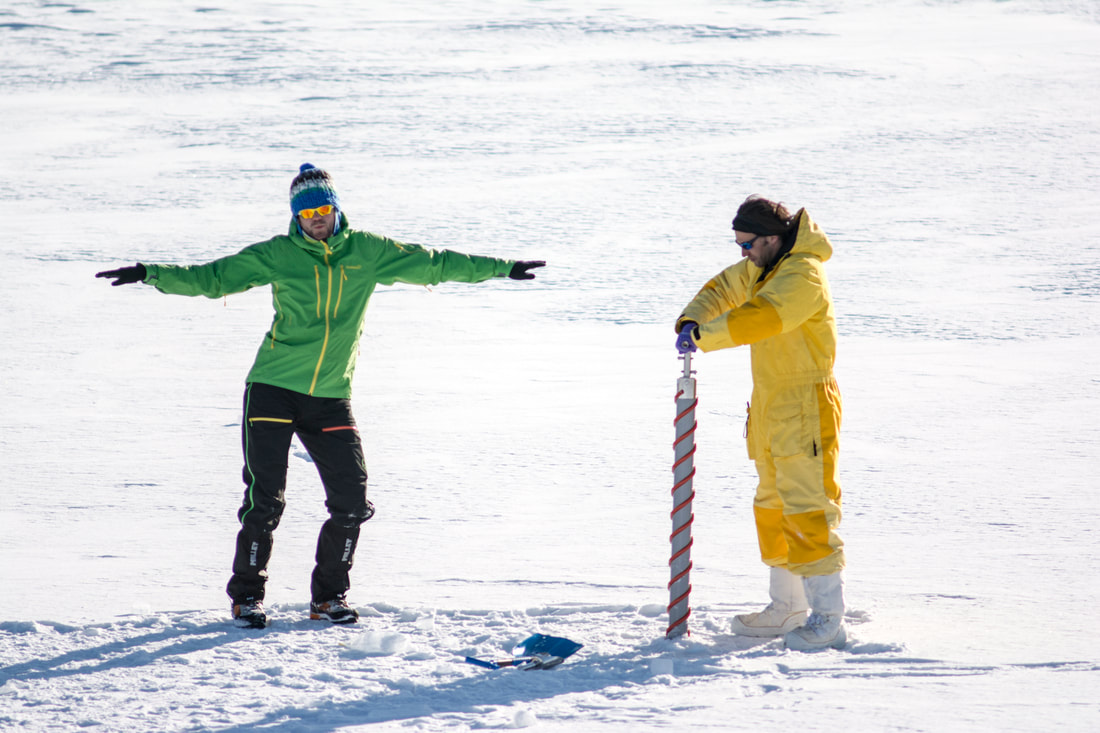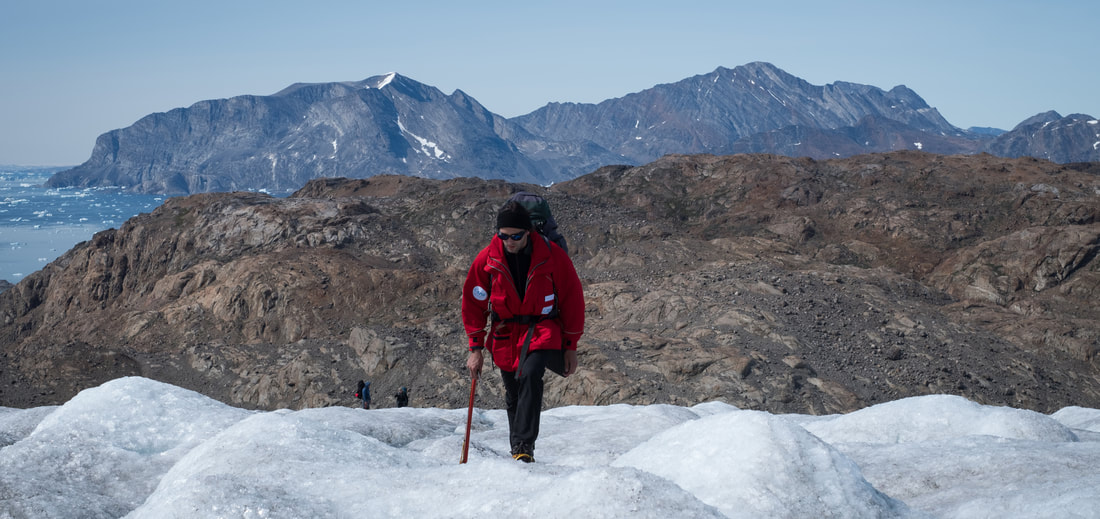|
The call for H2020 Marie Sklodowska-Curie Fellowships is open. I am interested in hearing from potential postdoctoral candidates to join the lab to work on research projects related to biogeochemical modelling, geobiology, carbon cycle, glacial ecology & biogeochemistry, deep biosphere and related fields!
Please get in touch for more information, and check out the MSCF website. Deadline for applications: 9th September 2020.
0 Comments
Our new paper in Nature Ecology & Evolution is out! Glaciers worldwide are retreating as Earth’s climate warms. If we’re going to fully understand what the loss of glaciers means for global biodiversity, we must consider the glacier ecosystems themselves. Much has been written about the literal downstream effects of glacier loss on the biota and ecosystems they influence. But glaciers themselves also host diverse, multi-trophic communities! This diversity is largely microbial (i.e., algae, fungi, bacteria), but glaciers also host microfauna including rotifers and tardigrades. Larger organisms such as ice worms, birds and even mammals also rely on glaciers for refuge, transit, and foraging. Here, we stress that when thinking about how receding glaciers will affect global biodiversity, we should be thinking about the glacier ecosystems themselves as well as those downstream and adjacent.
Stibal M, Bradley J, Edwards A, Hotaling S, Zawierucha K, Rosvold J, Lutz S, Cameron K, Mikucki J, Kohler T, Šabacká M, Anesio A. (2020) Glacial ecosystems are essential to understanding biodiversity responses to glacier retreat. Nature Ecology and Evolution. doi: 10.1038/s41559-020-1163-0 |
Archives
March 2024
Categories |


 RSS Feed
RSS Feed
